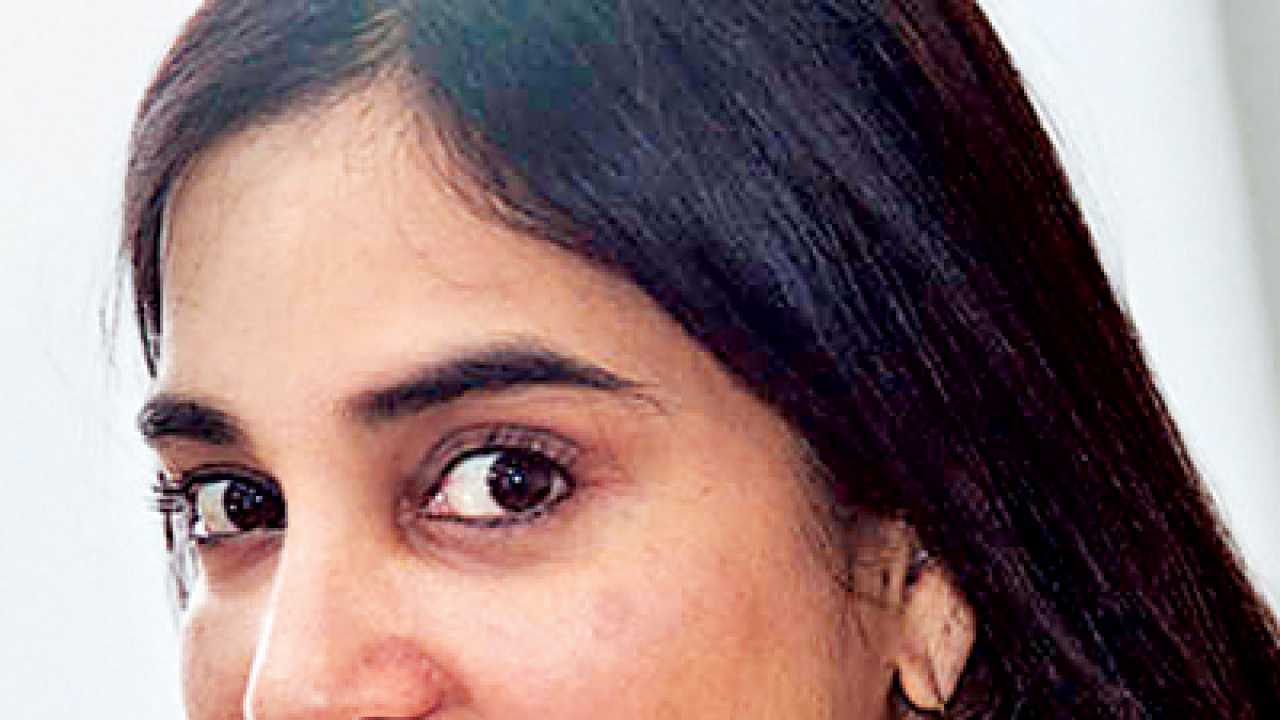
You don many hats — poet, entrepreneur, activist. Which one do you most identify with?
These are all integrally part of who I am. However, I think poetry is able to tap into emotions, (it is) at the heart of all I do.
Having spent your formative years in the UK, what was it like to relocate to Dhaka, Bangladesh? Did you struggle with your new environment?
I moved to Chittagong at the age of 16, having grown up in Cambridge. It was a huge culture shock, as I studied in a Bangla-medium state college for two years. I had entered a different world — not only did I have to learn the language, I also had to get used to a place with social norms and sensibilities, which were more or less alien to me, and deal with lack of access to many things I had taken for granted.
How did you transition from studying molecular biology to composing verses?
Poetry has just naturally always tumbled out of me and has been a way to deal with things within and around me, in a way that gives me a lot of joy. Studying molecular biology took me on another journey of wonder — discovering the fascinating story of what makes us who we are.
In what aspects of everyday life do you encounter poetry?
Poetry can capture the essence of everyday life, whatever it may be. It is a wonderful way to convey emotions and experiences in a few choice words.
Why did you choose the nine-yard as the inspiration for your debut collection of poems, Sari Reams?
The sari for me is a symbol of grace, beauty and versatility — connecting and encapsulating a great body of tradition, stories and wisdom, with the present.
Britain and Bangladesh are poles apart — society, culture, language. What experiences from both these places have influenced your thoughts and your writing?
Spending many years in both places has certainly influenced who I am. English has given me the tools to best express myself. I hope that I have been able to gain from elements of both societies and cultures, and have a more global perspective.
You use Bangla words in your writing, which is in English. Do you think and write in the same language, or think in one and write in another?
I think in both English and Bangla, though more in English. Sometimes, however, I feel a Bangla word will capture what I want to say better.
The last few years have seen a surge in writers from the subcontinent writing in the Queen's language. How do you view this trend, and to what factors do you attribute it?
Writing in English, in places like Bangladesh, is fairly recent, and is happening as more Bangladeshis are getting access to English-medium education, are going abroad, and being exposed to English in various ways. In South Asia in general, there are more opportunities for publishing, and connecting to the rest of the world — also through festivals which have sprung up throughout the region. One of the aims of Hay Festival Dhaka is to provide a platform for English and Bangla (through translations) writers from Bangladesh, so they can begin to reach a global audience.
marisha.karwa@dnaindia.net; @MarishaThakur